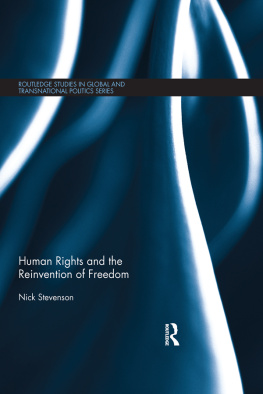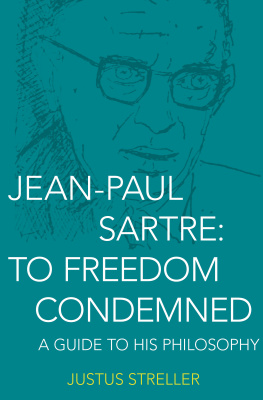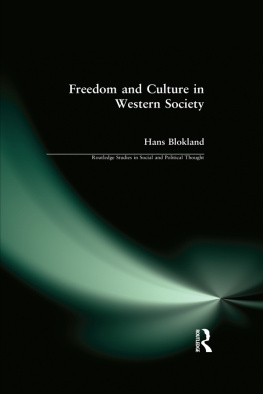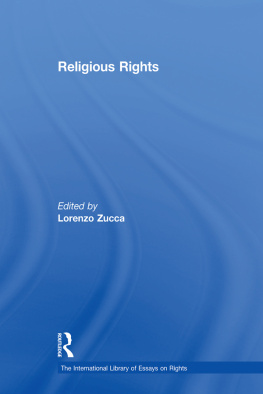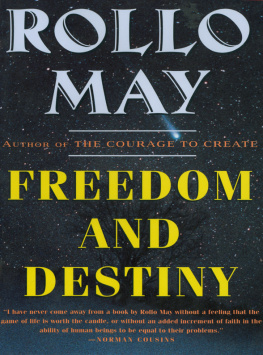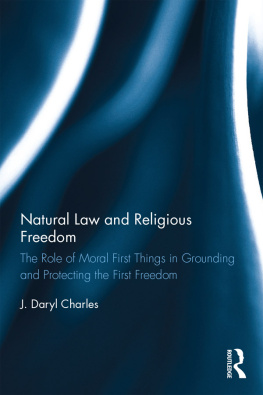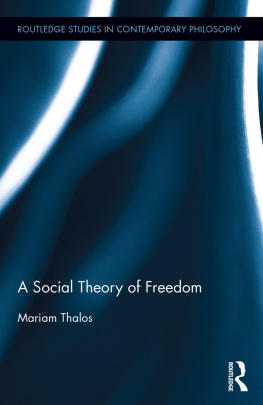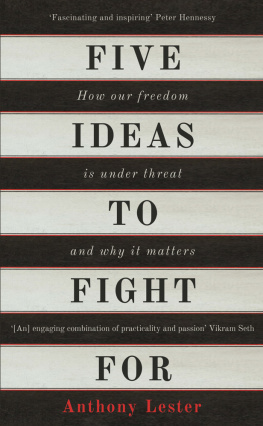Human Rights and the Reinvention of Freedom
This volume seeks to propose a reinvention of freedom under contemporary conditions of globalisation, cross-border mobility and neo-liberal dominance. There are currently two predominant myths circulating about freedom. The first is that in a global age growing numbers of citizens are less concerned with freedom than they are with security. Second, there is the presumption that freedom only refers to market freedom and consumerism, implying that the ideas of choice and consumption are interchangeable with ideas of freedom.
Stevenson argues that while these arguments are significant, they are deeply misleading. More authentic ideas of freedom such as self-realisation, participating in politics and seeking a meaningful life of self-reflection have not been entirely displaced but have instead become reinvented in our global times. The cries of freedom can still be heard in a multitude of places from the Arab Spring to the Occupy Movement and from the protests against European austerity to the current popularity of human rights. Stevenson also argues that the idea of freedom has become increasingly mobile in our interconnected and transnational society. The spaces and places of civil society are more complex in this global age, pushing ideas of freedom far beyond the usual arena of national politics.
This volume brings together a diverse range of cultural interpretations in respect of freedom related to the idea of the commons, cosmopolitanism, contemporary documentary cinema and the history of jazz music. Exploring the ways in which notions of freedom are being re-made within the context of the present, and looking more precisely at the current threats to freedom, it will be of interest to students and scholars of globalisation, human rights and cultural sociology.
Nick Stevenson is Reader in Cultural Sociology in the School of Sociology and Social Policy at the University of Nottingham, UK.
Routledge Studies in Global and Transnational Politics Series
Series editors: Chris Rumford
and
Sandra Halperin
Royal Holloway, University of London, UK
The core theme of the series is global connectivities and the implications and outcomes of global and transnational processes in history and in the contemporary world. The series aims to promote greater theoretical innovation and inter-disciplinarity in the academic study of global transformations. The understanding of globalisation that it employs accords centrality to forms and processes of political, social, cultural and economic connectivity (and disconnectivity) and relations between the global and the local. The series editors see the multi-disciplinary exploration of global connectivities as contributing, not only to an understanding of the nature and direction of current global and transnational transformations, but also to recasting the intellectual agenda of the social sciences.
The series aims to publish high quality work by leading and emerging scholars critically engaging with key issues in the study of global and transnational politics. It will comprise research monographs, edited collections and advanced textbooks for scholars, researchers, policy analysts and students.
Genocide, Geopolitics and Transnational Networks
Con-textualising the deconstruction of the union patriotica in Columbia
Andrei Gomez-Suarez
Non-State Challenges in a Re-Ordered World
The jackals of Westphalia
Edited by Stefano Ruzza, Anja Jakobi and Charles Geisler
The Transnational Politics of Higher Education
Contesting the global/transforming the local
Edited by Meng-Hsuan Chou, Isaac Kamola and Tamson Pietsch
Glocalization
A critical introduction
Victor Roudometof
Human Rights and the Reinvention of Freedom
Nick Stevenson
First published 2017
by Routledge
2 Park Square, Milton Park, Abingdon, Oxon OX14 4RN
and by Routledge
by 711 Third Avenue, New York, NY 10017
Routledge is an imprint of the Taylor & Francis Group, an informa business
2017 Nick Stevenson
The right of Nick Stevenson to be identified as author of this work has been asserted by him in accordance with sections 77 and 78 of the Copyright, Designs and Patents Act 1988.
All rights reserved. No part of this book may be reprinted or reproduced or utilised in any form or by any electronic, mechanical, or other means, now known or hereafter invented, including photocopying and recording, or in any information storage or retrieval system, without permission in writing from the publishers.
Trademark notice: Product or corporate names may be trademarks or registered trademarks, and are used only for identification and explanation without intent to infringe.
British Library Cataloguing in Publication Data
A catalogue record for this book is available from the British Library
Library of Congress Cataloging in Publication Data
Names: Stevenson, Nick, 1961 author.
Title: Human rights and the reinvention of freedom / Dr Nick Stevenson,
University of Nottingham.
Description: Abingdon, Oxon ; New York, NY : Routledge, [2017] | Series:
Routledge studies in global and transnational politics series | Includes
bibliographical references and index.
Identifiers: LCCN 2016019220| ISBN 9781138823099 (hardback) |
ISBN 9781315742236 (ebook)
Subjects: LCSH: Human rights and globalization. | LibertySocial aspects. |
Cosmopolitanism. | Neoliberalism.
Classification: LCC JC571 .S823 2017 | DDC 323dc23
LC record available at https://lccn.loc.gov/2016019220
ISBN: 978-1-138-82309-9 (hbk)
ISBN: 978-1-315-74223-6 (ebk)
Typeset in Times New Roman
by Wearset Ltd, Boldon, Tyne and Wear
This book is dedicated to the memory of Labour MP and human rights activist Jo Cox (19742016). She should be remembered for her courage and for reminding us that culture, compassion and politics know no borders.
I would like to thank Professor Chris Rumford for his encouragement in the early and late phases of the manuscript. As the ideas became more developed then some of the exchanges with Anthony Elliott, Michael Kenny, Jo Britton, Angharad Beckett, Amal Treacher Kabesh, Christian Karner, Elisabetta Zontini and others have proved significant. I would also like to thank the Jewish Refugee Foundation, the University of Nottingham and the British Academy for the much needed and extended sabbatical that supported this work. This book especially benefited from a Leverhulme fellowship (SF130020) without which it may never have seen the light of day. I am also indebted to the dedicated staff at Nottingham University library and Nottingham Central Public library for both their labour and questions about the nature of the project. At this point I want to remember my friend Paul Ransome who died during the manuscripts early stages. I missed his critical views and warm presence as the arguments began to take shape. I would like to thank my partner Lucy James. As ever she has read the work in its entirety and has been forthcoming with a number of ideas that changed the course of the book. I would like to express my gratitude for her continual love and support. Finally, many of the ideas in the book have formed the basis of my teaching over a number of years. I have tried to listen carefully to the words and ideas of students as the text has moved along and these dialogues have helped shape the content. Earlier and quite different versions of the arguments presented here have been published elsewhere. This can be found in, Nick Stevenson (2014) Human(e) Rights and the Cosmopolitan Imagination: Questions of Human Dignity and Cultural Identity,

